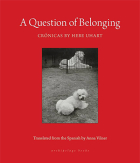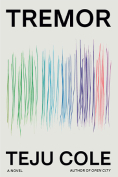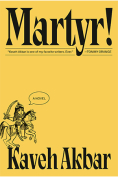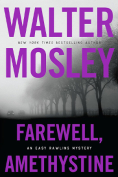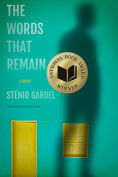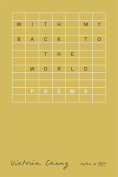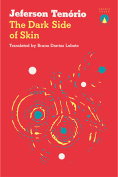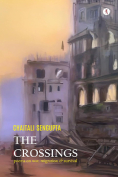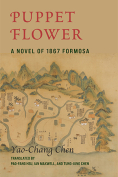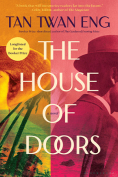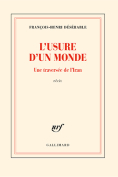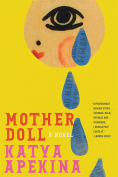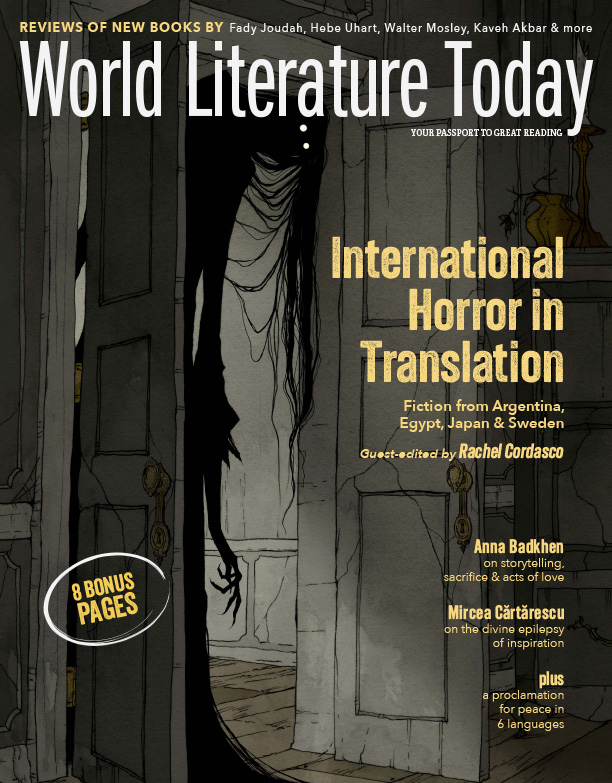L’Usure d’un monde: Une traversée de l’Iran by François-Henri Désérable
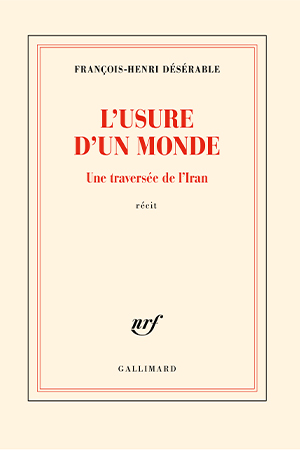 Paris. Gallimard. 2023. 160 pages.
Paris. Gallimard. 2023. 160 pages.
In 1953 a young Swiss writer named Nicolas Bouvier and an equally young Swiss painter named Thierry Vernet began a long road trip that would eventually take them to Kabul by way of Yugoslavia, Turkey, Iran, and Pakistan. Ten years later, they published a book (written by Bouvier, illustrated by Vernet) that would become a classic of travel literature, L’Usage du monde (Eng. The Way of the World, 1992). Several decades later, for the young French writer François-Henri Désérable, that book “had become my Bible.” In 2022 he decided not to replicate the journey of Bouvier and Vernet but to visit the Islamic Republic of Iran, during the period of popular revolt that followed the brutal killing of a young Iranian woman, Mahsa Amini, at the hands of the regime’s “morality police.”
To put it mildly, this was not an auspicious time for such a visit by a foreigner who took lots of notes and (more cautiously) a few pictures. The French Foreign Ministry even contacted Désérable in a vain effort to dissuade him from boarding a flight to Teheran. Within Iran, he followed the itinerary described by Bouvier and Vernet in their book. Of course, seventy years later, the country’s situation had changed, not for the better: “Eight weeks after the beginning of the uprising, the body count comes to 314, including 47 children.” Tens of thousands of demonstrators were jailed, many tortured, others raped, still others publicly hanged. As a visitor and the bearer of a foreign passport, Désérable was theoretically less endangered than average Iranians. On the other hand, as the French Foreign Ministry knew, the Iranian regime has a history of jailing foreign visitors on trumped-up charges and using them as pawns in negotiations with other countries.
Surprisingly enough, during his forty-day stay in Iran, Désérable was only interrogated once by the police. It was not a violent encounter, but he was bluntly told to leave. His unlikely trip led to the publication of what he calls “the erosion (or attrition) of a world,” in reference and contrast to the title of the book by Bouvier and Vernet, whose multicountry road trip would be impossible in our day. Part travel book, part journalistic inquiry, L’Usure d’un monde describes a closed, repressive, totalitarian sociopolitical order that hundreds of thousands of Iranians nevertheless defied for several weeks. Désérable describes their astonishing level of courage while quietly admitting his own moments of fear, as he sometimes wondered why he had undertaken such a trip. He interviewed as many people as he could, even as he tried to avoid those who appeared to be police informants. In most cases, these conversations were in English, a language young Iranians seem eager to learn.
Désérable does not seek to exaggerate the importance of his book, the result of a short stay by a foreign observer who does not speak Farsi. However, he obviously wanted to bear witness to extraordinary events that received relatively little Western media coverage. An atypical entrant into the Parisian literary environment, Désérable started out as a professional hockey player. Before L’Usure d’un monde, he wrote four interesting and original novels: Tu montreras ma tête au peuple (2013), Évariste (2015), Un certain M. Piekielny (2017), and Mon maître et mon vainqueur (2021).
Edward Ousselin
Western Washington University
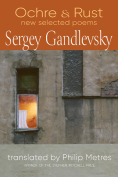

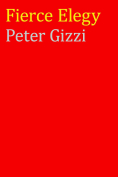
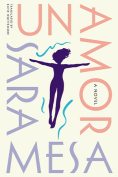

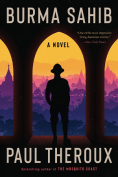

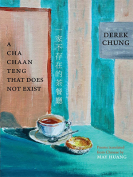
![The cover to [...] by Fady Joudah](/sites/worldliteraturetoday.org/files/styles/backissue_small/public/Joudah.jpg?itok=HZO1_68A)

